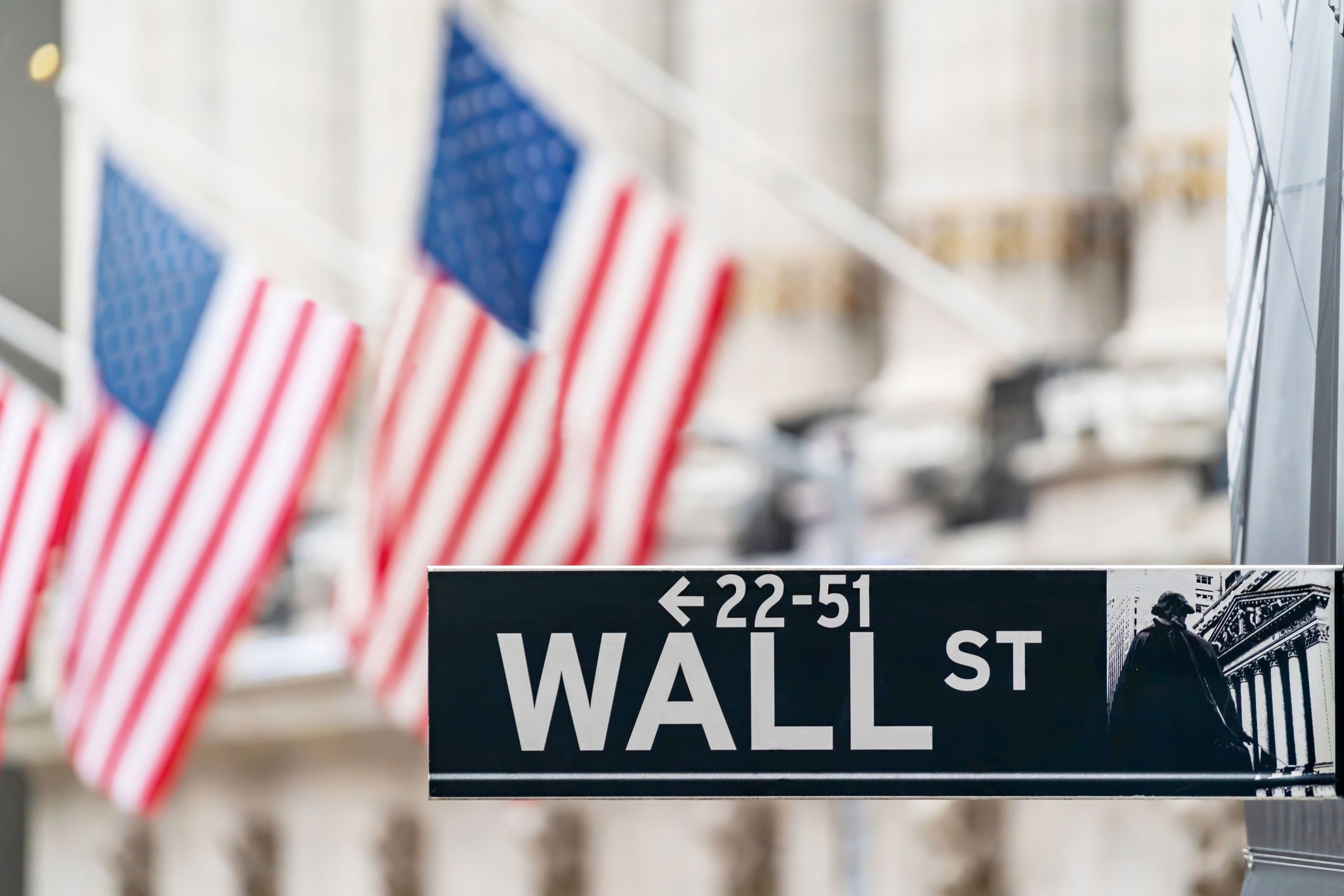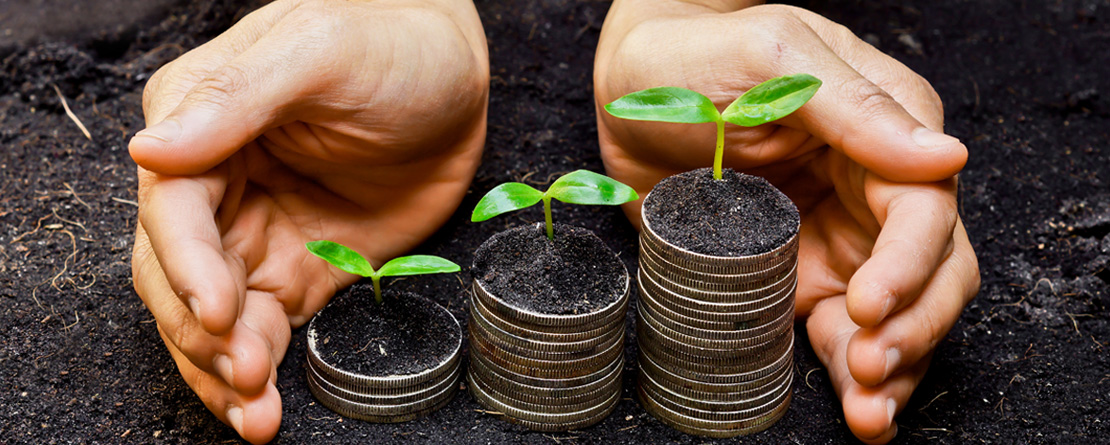How to invest in currencies

In a context of predictably very low long-term returns on the main assets (both financial and non-financial), many investors are turning their attention to currencies as an additional source of profitability or an opportunity to diversify their investments. But how is the best way to invest in currencies?
What factors should you take into account when investing in currencies?
The behaviour of currencies is very difficult to predict in the short term because their performance depends on numerous variables. For example, the price of a treasury bond only depends on the IRR (Internal Rate of Return on investments; the return generated by the bond, by explaining it very simply) or the rate offered by the particular issue.
By contrast, currencies are influenced by multiple economic and political factors, as well as relative factors between two countries or regions. So it is not just a question of predicting how a country will perform in absolute terms, but of determining how it performs relative to another region.
That said, the long-term dynamics of some currencies are more stable or predictable than others because the structural economic characteristics of certain regions impact the depreciation or appreciation of their currency in the long term. For instance, the Swiss franc is the strongest currency in the world.
Another thing to bear in mind when investing in currencies is that there are several alternatives to choose from. One of them is to buy assets from the country or region in question. In the case of the Swiss franc, for example, this would mean buying bonds or shares in Swiss companies.
But there are two key problems with this first alternative: it means limiting your investments to a specific country, so you greatly reduce your investment universe; and if the country’s currency appreciates significantly, its companies become considerably less competitive than those of other regions. Besides, their income from abroad also falls significantly due to the appreciation of their currency (important factors that can end up penalising their valuation or even solvency compared to companies from other countries).
However, there is another alternative for trying to capitalise on the appreciation of a specific currency that does not involve channelling investments in the country or region. You can invest anywhere in the world and in any asset but with exposure to your chosen currency at any given time.
Going back to the case of the Swiss franc, if you wanted to invest, for example, in stocks or bonds of UK companies, you could choose to invest in francs rather than pounds. At the same time as investing in the UK, you would buy a forward currency contract to exchange the currency risk (these financial instruments are widely used and very easy to manage). Your investment would therefore depend as much on the performance of the stocks or bonds of the UK companies as on the performance of the Swiss franc.
There are numerous investment vehicles on the market that offer this currency risk exchange service to facilitate trading. One example is investment funds that invest anywhere in the world but can be purchased with the currency hedged in dollars, euros, francs, etc.
Do you have any questions about this article? Write to us.
For more information, please contact your Investment Advisor.
Related news
-

Which is the strongest currency in the world?
The most important, considering that it is the international reference currency and the most used, is the US dollar, but which is the strongest?erte?
-

Cryptocurrencies: benefits and risks of virtual currencies
2017 has been the year of cryptocurrencies: More than 300 new virtual currencies have been created. Bringing their total to over 900. In other words, the number of virtual currencies in the world more than triples the number of conventional, state-issued currencies, which according to the UN currently stand at 180.















